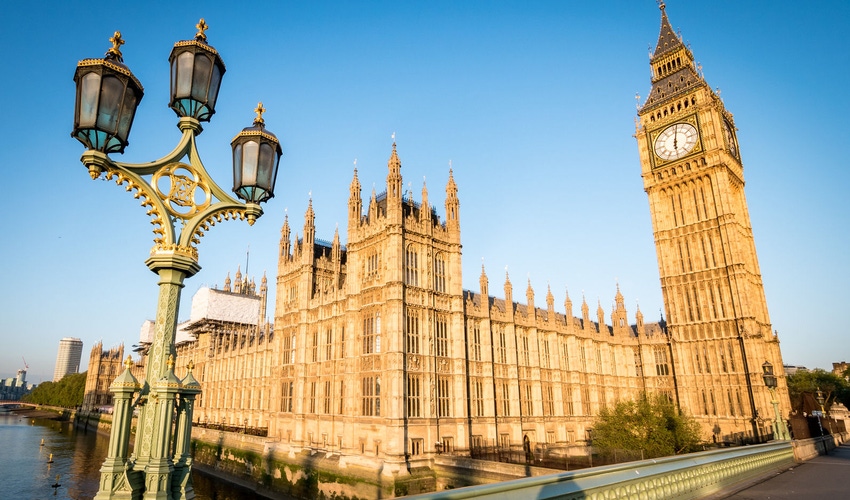Digital Secretary Nadine Dorries says replacing EU GDPR data rules with reforms that would involve less ‘box ticking’ will promote economic growth in the UK, and is one of the ‘biggest rewards’ of Brexit.
September 5, 2022

Digital Secretary Nadine Dorries says replacing EU GDPR data rules with reforms that would involve less ‘box ticking’ will promote economic growth in the UK, and is one of the ‘biggest rewards’ of Brexit.
Digital Secretary Nadine Dorries is due discuss new data laws which are designed to ‘drop unnecessary box-ticking and measures stifling British businesses’ during a Data Protection and Digital Information Bill debate in parliament today. The government says the new rules will ‘unlock growth’ and deliver around £1 billion in business savings over the next decade.
The move is basically about replacing EU GDPR data laws inherited from the EU with new ones which are supposed to give ‘organisations flexibility to protect personal data in more proportionate ways rather than forcing them to all follow the same processes regardless of their size.’
The reforms also aim to ‘modernise the structure and objectives’ of the Information Commissioner’s Office, which includes getting some more management in place by appointing a chair, chief executive and board. All this will apparently improve the UK’s ability to strike international data deals, ‘allowing British businesses to seize billions of pounds of data trade as a reward of Brexit.’
Dorries is expected to tell parliament: “Data is now fundamental to our economy and to our society, and we need to ensure we’re making the most of every opportunity it presents. With this Bill, we will build a new, independent data regime. One that with a number of common-sense changes, frees up our businesses and unlocks scientific and economic growth, while maintaining our high data protection standards.
“I believe changes are needed more than ever today, at a time of unprecedented pressure on the economy. We can’t afford to stick with the status quo, to keep prioritising process over results, and allowing unnecessary bureaucracy to stifle growth and innovation. If we were still in the EU, we’d have to keep following the current approach. Thanks to Brexit, we don’t. This data Bill is one of Brexit’s biggest rewards. It allows us to create a pro-growth, trusted system – one that is designed not for Brussels, but for the people of the UK.”
The new data laws were first waved around back in June, and the announcement then went into a fair amount of detail as to all the benefits UK businesses will apparently enjoy once they are unshackled from GDPR. Get passed all the fluff and bluster, the assertion seems to all hinge on what a pain it is/was for firms to navigate GDPR rules in the first place.
Dorries et al are not wrong on the value of data to the economy, the trouble it’s less clear what they think exactly is so broken with GDPR, and just seem to think it’s a given that removing some of its processes will automatically result in billions of pounds of growth for businesses and the country. That would be fantastic, but they’re obviously not talking about removing all bureaucracy so much as replacing it with a different flavour – so quite how impactful these news rules would really be on any given businesses’ bottom line remains to be seen.
Like any of these sweeping government manoeuvres, it all feels light on the practical details that matter and heavy on the grandstanding.
Get the latest news straight to your inbox. Register for the Telecoms.com newsletter here.
About the Author(s)
You May Also Like








.png?width=300&auto=webp&quality=80&disable=upscale)


_1.jpg?width=300&auto=webp&quality=80&disable=upscale)


.png?width=800&auto=webp&quality=80&disable=upscale)